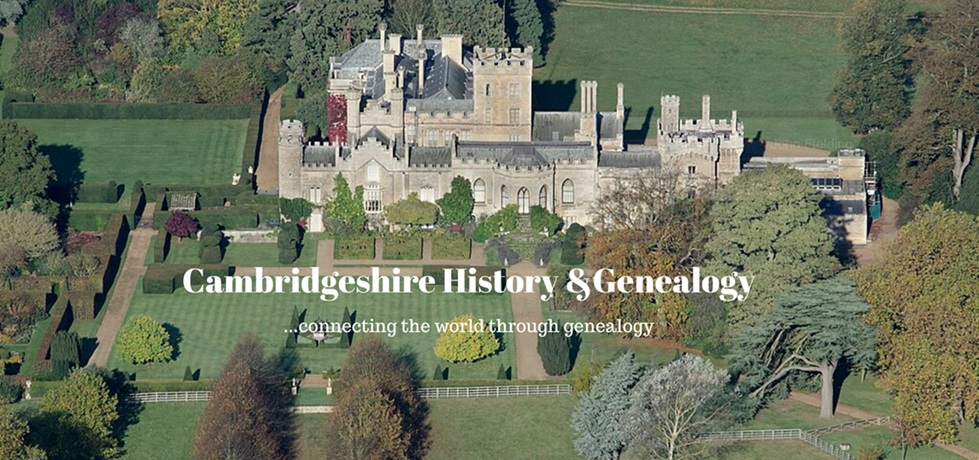Jonas WEBB (1796 - 1862)
Jonas Webb was born at Great Thurlow in Suffolk on 10 November 1796, the second son of Samuel Webb. Samuel later moved to Streetly Hall, West Wickham, where he bred Norfolk sheep. Jonas, as a child, used to ride the Norfolk rams at his grandfathers annual sales, holding onto their huge horns. He observed how bony their backs were and vowed to breed broader, more comfortable sheep when he was a man.
In due course he grew to be a "very well-proportioned young man, six feet high."
In 1820, Jonas started as manager for Mr H J Adeane MP of Babraham. Jonas, with the help of his elder brother, Samuel, laid out the large estate in a series of workable farms. The urban population was rising and they needed to be fed. Agricultural efficiency in this post-enclosure era was of the utmost importance.
Jonas also became a tenant of H J Adeane when he took Church Farm, Babraham, where he stayed for the rest of his life.
Others, notably John Ellman of Glynde near Lewis in Sussex, and Thomas Coke of Holkham Hall in Norfolk, had developed the Southdown breed. Through careful selection, breeding and methodical recording, Jonas Webb made the Southdown the premier sheep in Britain. In addition, his blood stock was regularly exported all over the world.
In 1829, at the age of thirty three, he married Mary Marshall from Cambridge. It was a very happy marriage with nine children to show for it. Life at Church Farm was not all work however; there were some good family gatherings too. The 1851 census shows that, in addition to six children of Jonas and Mary, aged from eight to twenty, there were also six young people present as visitors - nearly all cousins from nearby.
In addition to being a highly successful stockbreeder, Jonas Webb played a principal role in the organisation of the second Royal Show held on Parker's Piece, Cambridge, in 1831; and he was a member of the council of the Royal Agricultural Society of England. According to the Illustrated London News, "if he has a noisy meeting to manage he let things and the speaker go much their own way, and yet if he had to speak, he would say five words, and to the point, where others were saying twenty beside it."
Jonas was equally laconic in the brevity of the one love letter he is said to have written to Mary; - "I (a tuft of wool) come."
On occasions, this quality served him well. At the Paris Exposition of 1855, Jonas won a gold medal of the first class. One of his exhibits was a splendid ram for which he had already refused five hundred guineas. When the Emperor Napoleon III enquired, "Whose if this marvellous beast?", Jonas replied, "Yours Sire." The Emperor rewarded Jonas by giving him a handsome silver epergne (table decoration) representing an English oak with a group of horse sheltering beneath it. Naturally, this did no harm to the reputation of Babraham Southdowns either; and the popularity of Jonas Webb in France soared. His cousin who had accompanied him reported that everywhere they went, Frenchmen raised their hats and shouted "Viva Jona Webb!"
In 1862, due to the declining health of both Jonas and his wife, he decided to sell the whole Southdown flock and retire. Two vast dispersal sales were held, with special trains from London laid on. Buyers, some highly distinguished, from all around the world came to purchase the stock.
Sadly, his retirement was short-lived. He died in Cambridge on his birthday, at the Peas Hill home of his brother-in-law, Henry Marshall. His wife had died there just five days earlier.
A bronze statue of Jonas Webb was erected on Peas Hill in Cambridge with the inscription "From farmers and friends in many lands". After a number of moves, it can now be seen in the village of Babraham. Jonas Webb has come home.
Contact
If you think you are related then the person to contact is Susan Baines (email:
